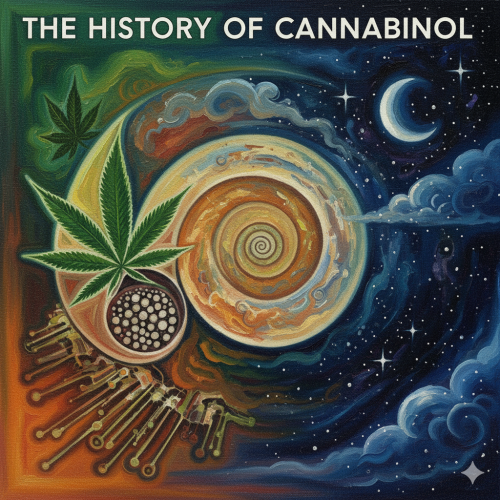What is Cannabinoid Hyperemesis Syndrome (CHS)?
Cannabinoid Hyperemesis Syndrome (CHS) is a condition characterized by recurrent episodes of severe nausea, vomiting, and abdominal pain in chronic marijuana users. First identified in 2004, CHS has become more recognized as marijuana use has increased. The exact cause of CHS is still unknown, but it is believed to be linked to prolonged and heavy use of cannabinoids, the active compounds found in marijuana.
Symptoms and Diagnosis of CHS
Symptoms of CHS typically include:
- Severe nausea
- Repeated vomiting
- Abdominal pain
- Compulsive hot bathing or showering to alleviate symptoms
Diagnosing CHS can be challenging because its symptoms are similar to other gastrointestinal disorders. However, a key diagnostic criterion is the resolution of symptoms upon cessation of marijuana use.
The Role of THC in CHS
Tetrahydrocannabinol (THC), the psychoactive compound in marijuana, is primarily implicated in CHS. THC interacts with the body’s endocannabinoid system, which regulates various physiological.
Chronic exposure to THC can disrupt this system, potentially leading to the symptoms observed in CHS. This disruption is thought to affect the receptors in the gut, contributing to nausea and vomiting.
How CBD Differs from THC
Cannabidiol (CBD) is another major cannabinoid found in the cannabis plant. Unlike THC, CBD is non-psychoactive, meaning it does not produce the “high” associated with marijuana use. CBD interacts with the endocannabinoid system differently from THC, primarily by modulating receptor activity rather than directly binding to a receptor.
CBD and CHS: A Distinct Relationship
One of the critical distinctions between CBD and THC is their impact on the endocannabinoid system. While THC can potentially disrupt the system with prolonged use, leading to CHS, CBD is known for its stabilizing and therapeutic effects.
processes.
♦ Interested in high-quality CBD edibles and merchandise? Check out the FGE shop and FGE Etsy Store ♦
Here’s why CBD shouldn’t cause the same issues as smoking marijuana:
- Non-Psychoactive Nature: CBD does not produce psychoactive effects, reducing the risk of disrupting the endocannabinoid system in the same way THC does.
- Therapeutic Properties: CBD has been widely studied for its possible anti-inflammatory and anti-nausea properties. It may be used to manage pain and stress, without the severe side effects associated with THC.
- Regulatory Effects: CBD may help regulate the endocannabinoid system, promoting balance and homeostasis. This regulatory effect can counteract the potential dysregulation caused by THC, potentially offering a protective benefit against conditions like CHS.
The Safety of CBD
Research and anecdotal evidence suggest that CBD is generally safe and well-tolerated, even in high doses. Common side effects, if they occur, are typically mild and may include drowsiness, dry mouth, and changes in appetite. Importantly, there is no evidence to suggest that CBD causes the same severe gastrointestinal issues seen in CHS.
Choosing High-Quality CBD Products
Choosing high-quality products from reputable sources is crucial to ensure CBD’s safety and efficacy. Here are some tips for selecting the best CBD products:
- Third-Party Testing: Look for products that have been third-party tested for purity and potency.
- Full-Spectrum vs. Isolate: Consider whether you prefer full-spectrum CBD, which contains other beneficial cannabinoids and terpenes, or CBD isolate, a pure CBD.
- Source of Hemp: Choose products made from organically grown hemp to avoid exposure to pesticides and other harmful chemicals.
Conclusion
While Cannabinoid Hyperemesis Syndrome (CHS) is a serious condition associated with chronic marijuana use, it is primarily linked to THC rather than CBD. CBD offers numerous therapeutic benefits without the psychoactive effects of THC and is generally considered safe and well-tolerated. By understanding the differences between these two cannabinoids, individuals can make informed decisions about their use of cannabis products and potentially avoid the adverse effects associated with CHS.
For those seeking relief from various ailments, CBD may provide a safe alternative to THC-rich marijuana, offering therapeutic benefits without the risk of CHS. Always consult with a healthcare professional before starting any new supplement regimen, especially if you have underlying health conditions or are taking other medications.




